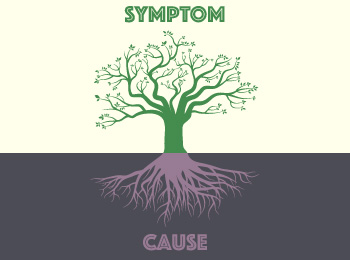Improve Project Efficiency
Efficiency is a critical aspect of any project. Improving project efficiency is essential to maximizing resources and delivering projects on time and within budget. In this article, we will discuss strategies for improving project efficiency.
Recently, my role has changed to Project Manager within Corporate FSI (Foreign Systems Interfaces) team at Universal Health Services. While I have been technically managing implementation, and new builds for our Acute facilities involving Physician Billing for the last two-three years, it’s nice to pursue this course, officially.
- Define Clear Project Objectives
Defining clear project objectives is critical to improving project efficiency. The project manager should work with stakeholders to identify the specific goals of the project and how they can be achieved. Goals should be specific, measurable, attainable, relevant, and time-bound (SMART) to ensure they are achievable.
- Develop a Comprehensive Project Plan
A comprehensive project plan is critical to project success. The project plan should outline the project’s scope, objectives, timelines, resource requirements, and risk management strategies. A well-developed project plan will help the project manager keep the project on track and avoid scope creep.
- Foster Effective Communication
Effective communication is essential to improving project efficiency. The project manager should establish communication protocols and ensure that all stakeholders are kept informed about project’s progress. Regular project status reports, meetings, and progress updates can help to build trust and maintain stakeholder engagement.
- Identify and Address Bottlenecks
Identifying and addressing bottlenecks is another critical aspect of improving project efficiency. The project manager should analyze the project plan and identify potential bottlenecks that could delay project completion. Strategies should be developed to address these bottlenecks, such as reallocating resources or breaking tasks into smaller, more manageable pieces.
- Streamline Project Processes
Streamlining project processes is an essential strategy for improving project efficiency. The project manager should identify and eliminate unnecessary steps or processes that could slow down the project. By streamlining processes, the project team can complete tasks more quickly, with fewer errors.
- Use Technology to Improve Efficiency
Using technology to improve efficiency is another critical aspect of project management. The project manager should leverage project management software to streamline project processes and automate repetitive tasks. Technology can also be used to improve communication between team members and stakeholders, ensuring that everyone has access to up-to-date project information.
- Continuous Improvement
Continuous improvement is essential to improving project efficiency. The project manager should evaluate project performance and identify areas for improvement. Lessons learned from the project should be documented and shared with the project team to ensure that the same mistakes are not repeated in future projects.
In Summary
Improving project efficiency requires a comprehensive approach that includes defining clear project objectives, developing a comprehensive project plan, fostering effective communication, identifying and addressing bottlenecks, streamlining project processes, using technology to improve efficiency, and fostering continuous improvement. By following these strategies, project managers can maximize resources, complete projects on time and within budget, and improve project outcomes.
#infobymattcole
 You can check out Matt’s LinkedIn account, Youtube Channel, or Podcast.
You can check out Matt’s LinkedIn account, Youtube Channel, or Podcast.Introducing my new books, ‘The Art of Critical Thinking’ and ‘The Critical Thinking Model’. Both can be read for free with Kindle Unlimited or $2.99 each via Kindle.




